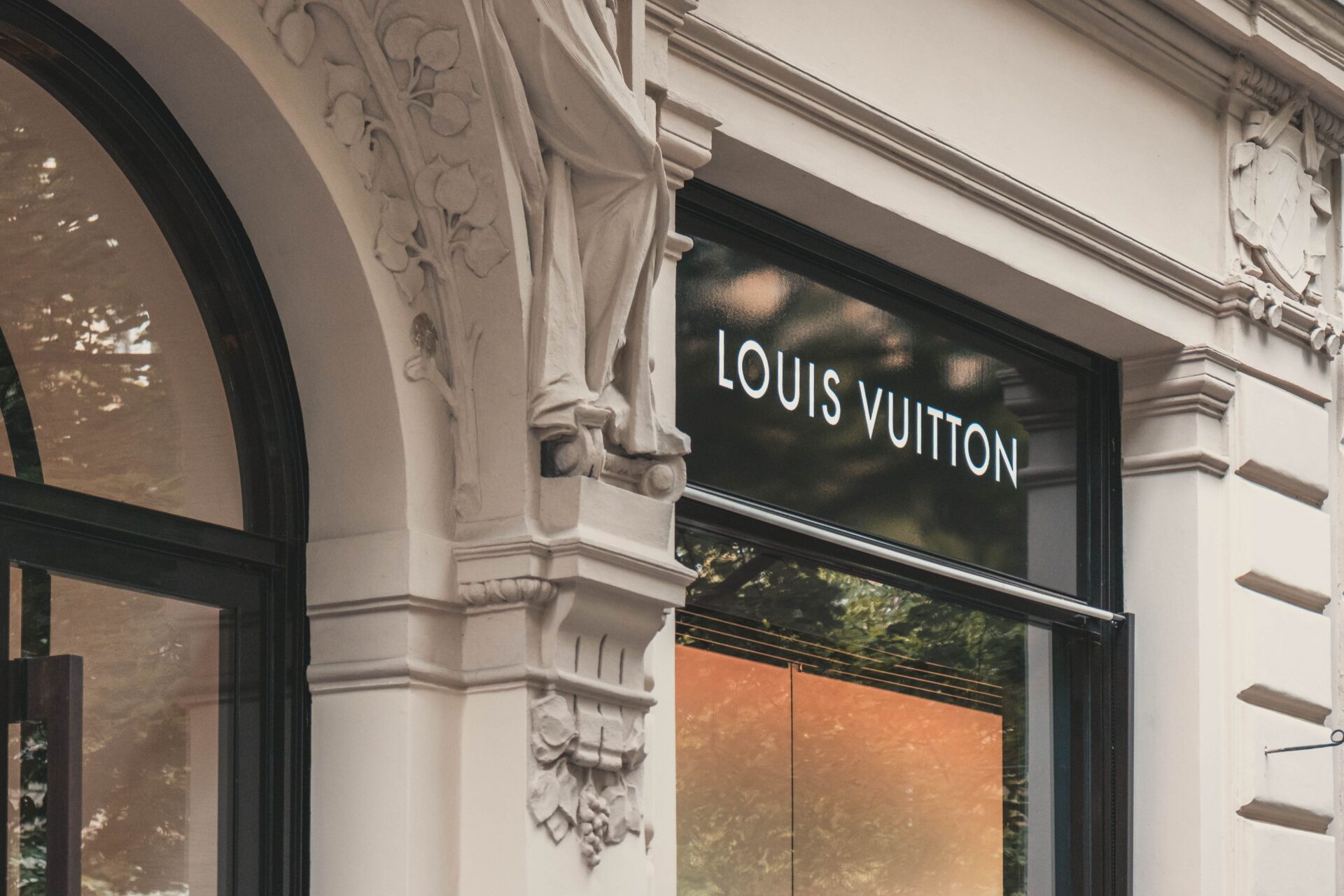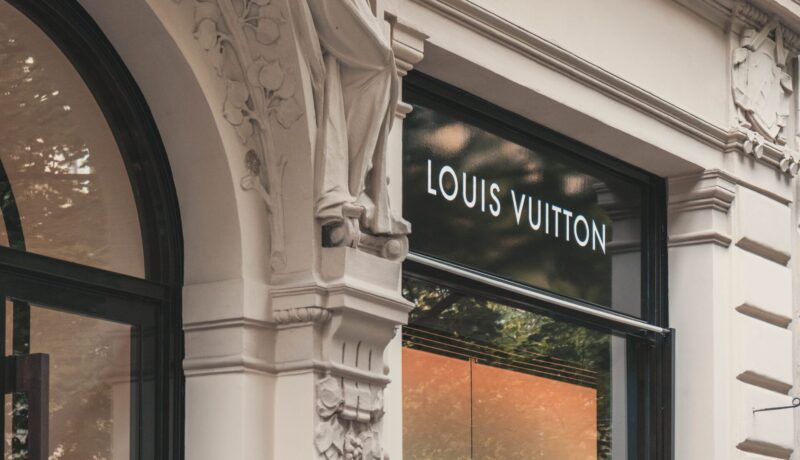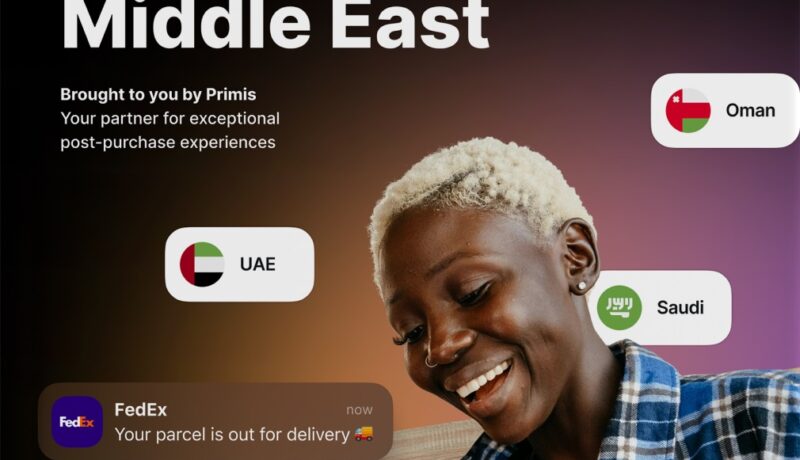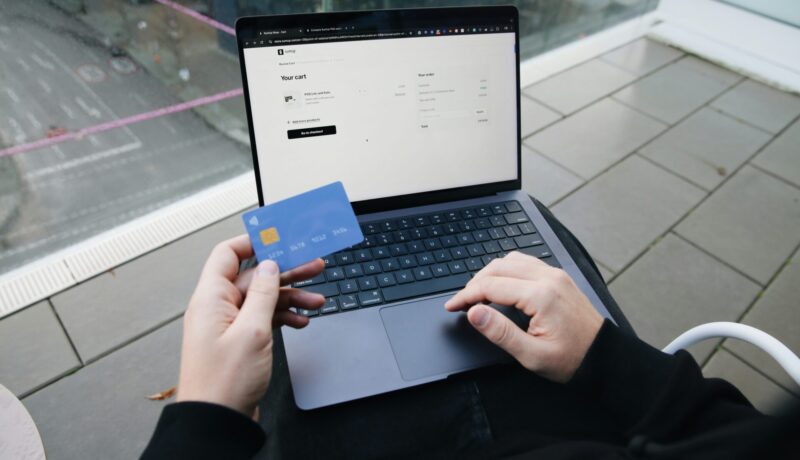Why the Middle East Is a Goldmine for Luxury Sales (and How to Tap Into It)

By Rebecca at Primis
The luxury goods market in the Middle East is booming, driven by a rising affluent population, tourism, and a growing appetite for exclusive brands.
For businesses looking to tap into this market, understanding local consumer preferences, shopping habits, and logistical needs is crucial.
Here’s an actionable guide to successfully selling luxury goods in the region.
Understanding the Middle Eastern Luxury Consumer
In the Middle East, luxury shoppers prioritise exclusivity, speed, and top-tier service. As the region’s economy grows, demand for premium products has surged.
Unlike in Western markets, price sensitivity is less of a concern here.
What really matters to consumers is the ability to get exactly what they want, when they want it. This demand for speed and immediate gratification is driving the luxury goods market, where fast delivery and a seamless shopping experience are essential for success.
Speed of Delivery is Key
A defining characteristic of the region is the demand for fast delivery. Platforms like OUNASS allow shoppers to order luxury goods and receive them within hours, which has become the standard, It’s all about instant gratification. Brands should ensure they have the infrastructure in place to offer rapid delivery and a seamless shopping experience. A “bullet service”—where customers can order by midday and receive their items before the evening—is essential to meet this demand.
The Shift to E-commerce
While brick-and-mortar stores were once the centre of shopping in the Middle East, the e-commerce landscape has rapidly expanded since COVID-19. As online shopping surged, especially among younger generations like Gen Z and millennials, returns have become a critical factor. As more people shop online, returns are naturally increasing. Brands need to develop efficient systems to manage returns and exchanges.
Cultural Preferences and Motivations
Understanding cultural differences in purchasing motivations is key to positioning luxury products effectively in the Middle East. One of the main distinctions between Western and Middle Eastern consumers is the lack of price sensitivity in the luxury market here. In the West, consumers often seek discounts and the best price deals, but in the Middle East, convenience and exclusivity take precedence.
Brand Heritage and Exclusivity
Middle Eastern shoppers place a strong emphasis on brand heritage and exclusivity. Many high-end brands have partnered with local franchise groups such as the Chalhoub Group to establish physical retail locations in prestigious malls. If brands want to enter the market, they need to collaborate with local partners. A franchise model is often the best route, as opening a standalone store can be more challenging.
The Importance of Luxury Experience
Shopping in the Middle East is not just about the product but also about the experience. Consumers want a seamless, high-end experience from start to finish, including personalised services, fast delivery, and premium packaging.
Strategies for Selling Luxury Goods in the Middle East
Brands looking to sell luxury goods in the region need to adapt to local preferences and expectations. Here are some actionable tips:
Prioritise Fast, Efficient Delivery
Quick delivery is a must. To stay competitive, luxury brands should offer same-day or next-day delivery options and ensure their logistics partners can handle high volumes efficiently.
Focus on Exclusive, High-Quality Products
Consumers in the Middle East love luxury items that are not only rare but also come with a story or heritage. Building a narrative around your brand and showcasing exclusivity will attract local buyers.
Leverage E-commerce Platforms
While physical stores still hold sway in major cities, e-commerce is growing rapidly in the Middle East. Partnering with established online luxury retailers or creating an easy-to-navigate website can help brands reach this expanding market.
FAQs About the Middle East Luxury Market
Fast, reliable delivery is a key expectation. Offering same-day or next-day delivery can give your brand an edge. Consider partnering with local logistics companies that offer bullet services for ultra-fast delivery.
With the rise of e-commerce, returns are becoming more common. Having a clear and easy returns process is vital. Offering free returns and exchanges will help build trust with customers.
Sustainability is slowly becoming more important, but it is not yet a top priority for most consumers. However, as global awareness increases, it will likely become a bigger factor in purchasing decisions.
Succeeding in the Middle Eastern Luxury Market
The Middle Eastern luxury market is a vibrant and evolving landscape. By understanding regional preferences, delivering exceptional experiences, and aligning with cultural values, brands can position themselves for long-term success. Embracing the unique dynamics of this market—from its demand for speed and personalisation to the growing importance of sustainability—will enable luxury brands to thrive in one of the world’s most promising regions.
Let’s make your brand stand out with fast, seamless service that meets the region’s high expectations. Explore how Primis can help at Primis.cx.


